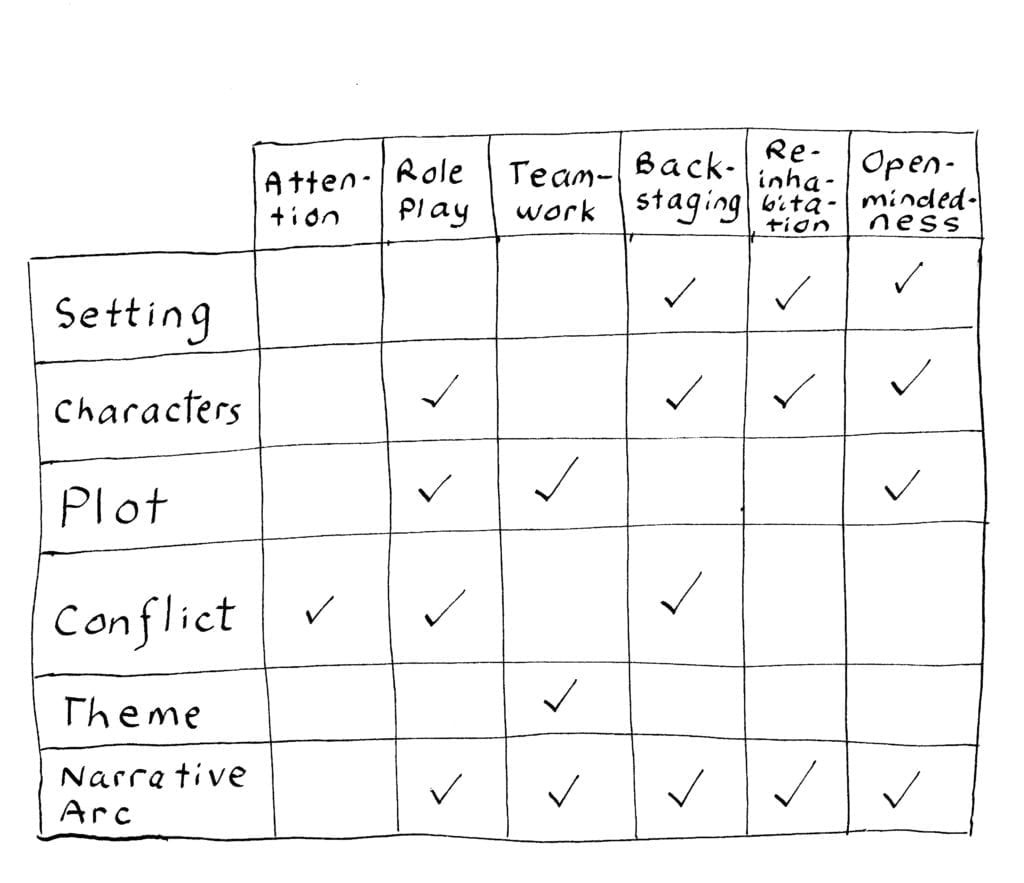

Good choices are too much confidence or too much trust.Īs with the protagonist, make the antagonist interesting. To offset above-average qualities, the protagonist should have flaws-but not to the point that the character becomes unlikable. In real ways, this character should be more attractive, more cunning, and more intelligent than an average person but not so much more that the reader begins to feel that this character is too perfect. A strong protagonist should have some larger-than-life characteristics. This is the character that readers need to care about, empathize with, and understand.

Also known as the hero, or the lead, the protagonist must have clearly defined inward and outward goals. The protagonist is the main character of a story. Here’s a list of five elements you must include in your book. So how do you create a truly great story? No matter the genre, there are common elements to every extraordinary novel or memoir. Its main characters are people you miss when the story is over. It lingers in your mind long after it’s over. A good story wraps itself around you and whisks you into its world. When it’s time for revising, get off to a good start, and then make sure you’ve written with complexity, urgency, conflict, and agency in mind.The Five Essential Elements of a Great Story Write the discovery draft as it comes to you. If you haven’t incorporated these six elements into your book from the beginning, it’s never too late. It should also have meaning, a theme, that you can tweak out with metaphors and motifs. Your story isn’t just a sequence of actions. And when they achieve success-show how reaching that interim goal just made things worse. Make your characters work to achieve their goals. Your protagonists should go out and do things, make decisions and act on them, and be the agents of change. Or they sit around until somebody calls and invites them to change their lives. I’ve seen it: sometimes characters just sit around and act wise while events happen around them. What is her motivation? What keeps her from achieving it? Make it real. What does your protagonist want? Make her goal a tough one. Whether you write cozy mysteries, Regency romances, or spine-tingling apocalyptic thrillers, readers need to know from page one that the stakes are serious. And in that testing, character is revealed. When characters face urgent issues, they are tested. Why is this story happening now? Your protagonist’s boss has absconded with the secret formula. Urgency adds not just drama, but reasons, for the actions your characters take. What’s important now? Throw your readers into action. Don’t start with a prologue, with backstory, because that’s back. Don’t start with context, because nobody cares. In that moment, your protagonist is challenged to respond. When life shifts, breaks, improves, or alters for your protagonist.

Start your story at the moment of change-or even later. I’m not talking about genre conventions, I mean the structural elements that keep readers turning the page, whatever kind of book you write. In fact, the last several manuscripts I’ve worked on have had significant structural issues-nothing that couldn’t be repaired, but expensive in terms of time and effort, especially since some problems came up early and affected events throughout the book.īefore you go too far-perhaps before you write one word-think through what your book needs to have. To me, the need for the changes had seemed obvious-but they came as a surprise to the author. The review praised several specifics that I had fought for over two revision cycles.

This article originally appeared on the Writers Fun Zone.Ī publisher recently sent me a review of a published book that I’d edited for them. Your Title, Your Book in Five Words or Less.Writing a Blockbuster: Goal, Motivation, and Conflict.Writing a (character-driven) romantic comedy.Use Setting and Background to Meet Reader Expectations.Research: Looking for the Forest? Or the Trees?.Plot: It’s What Happens after the Shower.Know your character’s motivation-or else.Hook readers with specific characterizations.Don’t Go Overboard: Managing Proportion.Build Characters with Action and Motivation.10 Essential Elements of a Great Escapist Hero.


 0 kommentar(er)
0 kommentar(er)
